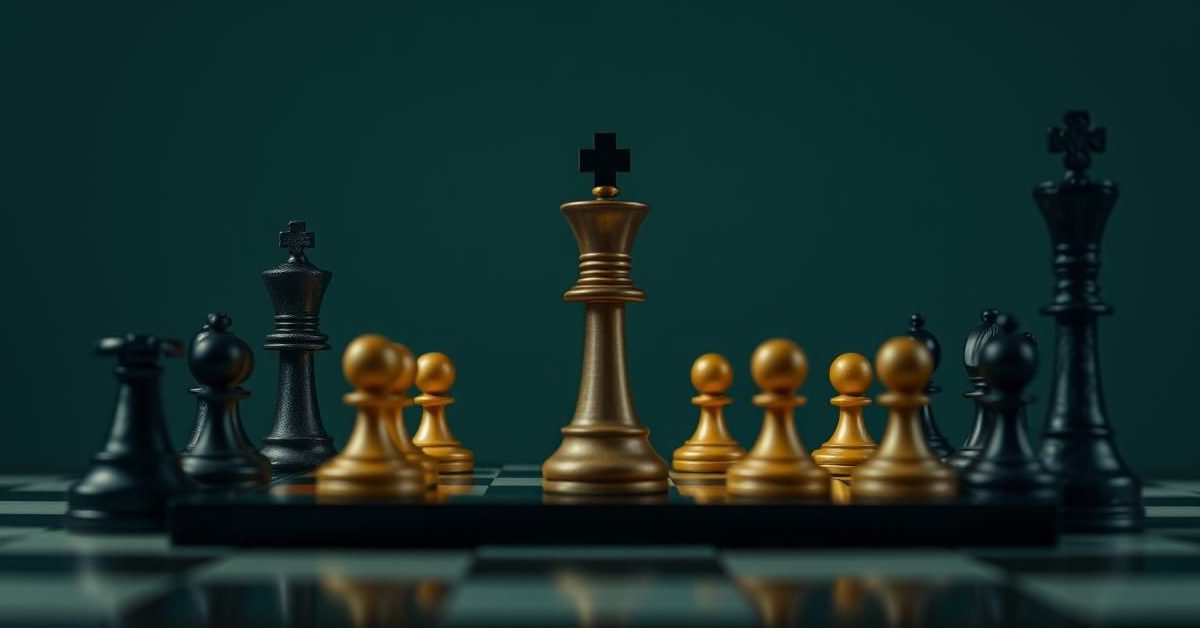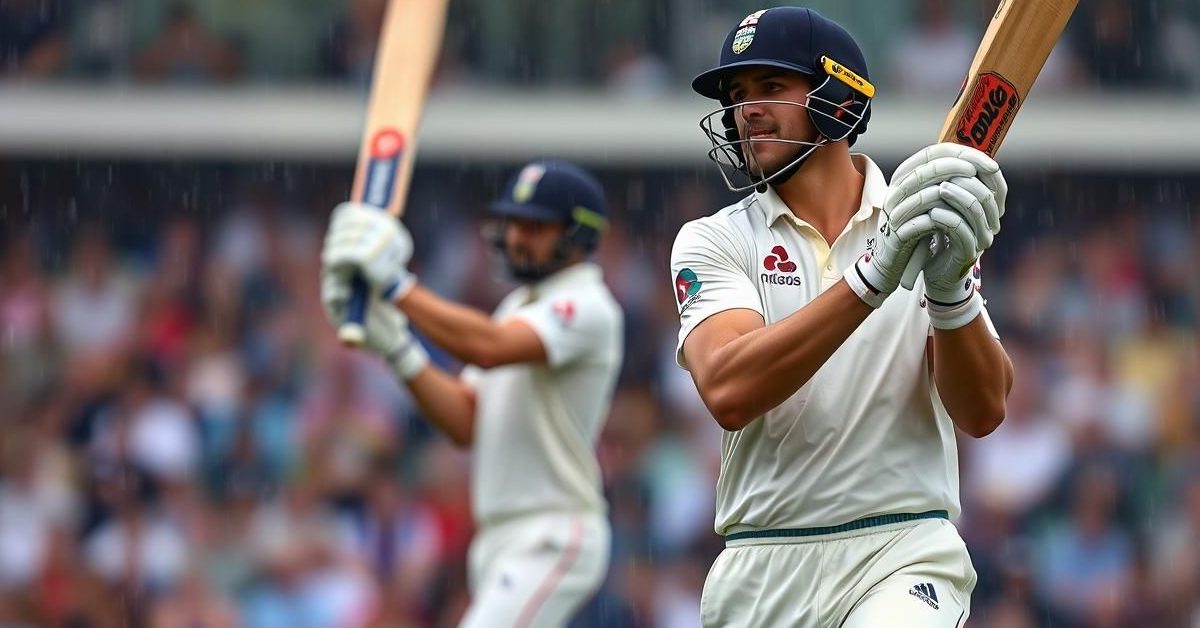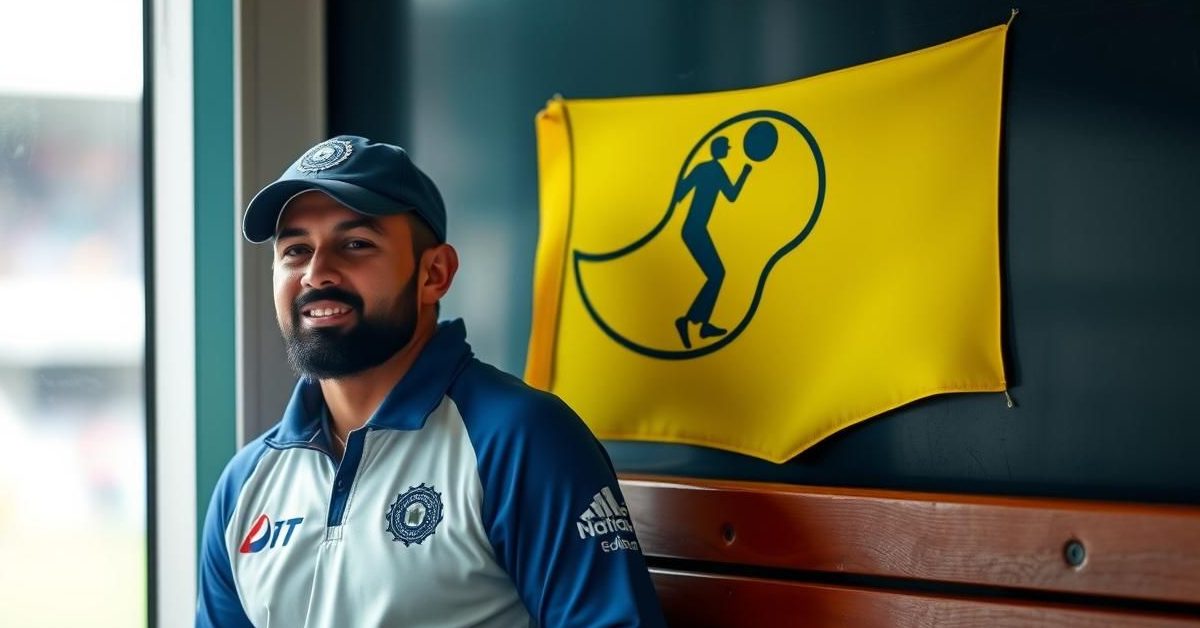Chess legend Garry Kasparov recently likened young grandmaster Gukesh to a computer, praising his incredible resilience and ability to bounce back in games.
A “Computer-Like” Opponent
During a rapid game at the SuperUnited Rapid and Blitz Croatia 2025, where Gukesh was challenging Magnus Carlsen, Garry Kasparov offered high praise for the Indian prodigy. Kasparov, who famously faced off against IBM’s Deep Blue in the 1990s, compared Gukesh’s play to that of a machine.
Notably, these comments came even before Gukesh managed to secure a stunning victory over Carlsen. Kasparov had already been impressed by Gukesh’s remarkable comeback in the tournament.
Unwavering Resilience
Kasparov highlighted Gukesh’s unique tenacity, stating, “He’s a player that’s hard to beat. Gukesh has many lives (in each game). You have to beat him many times.” This resilience, Kasparov explained, is what makes Gukesh resemble a computer player.
He elaborated, “With machines, you lose your concentration and you’re dead. With Gukesh, you have to beat him five times.” Kasparov even recalled a previous game where Carlsen, despite a significant advantage, eventually lost to Gukesh, underscoring the young player’s incredible ability to fight back from difficult positions.
A Rapid Rise
Gukesh had a challenging start to the Zagreb tournament, losing his first match. However, he quickly turned things around, winning four consecutive games against top players like Alireza Firouzja, Praggnanandhaa, Nodirbek Abdusattorov, and Fabiano Caruana.
This impressive run, capped by his win over Carlsen, showcased Gukesh’s adaptability. Traditionally known for his calculated, classical style, he has now proven his prowess in faster formats, managing time effectively and outmaneuvering opponents even in rapid play.
The Carlsen Confrontation
The game against Magnus Carlsen provided a prime example of Gukesh’s resilience. Carlsen initially held a strong advantage, but a critical blunder on move 23 with his ‘b4’ pawn move shocked Kasparov. The grandmaster audibly gasped, calling the move “something wrong” and closing his eyes in disbelief.
This crucial mistake allowed Gukesh to seize the initiative and ultimately force Carlsen’s resignation, marking a significant moment in the tournament.
Shifting Dynamics in Chess
Following Gukesh’s convincing victory, Kasparov noted the implications for the chess world. “Now we can question Magnus’ domination,” he stated, emphasizing that this was not a lucky win for Gukesh, but a hard-fought and decisive battle.
This win against Carlsen, the second time Gukesh has defeated him, reinforces the young Indian grandmaster’s position as a formidable force in elite chess, demonstrating his growth and ability to challenge the very best.
- Garry Kasparov compared Gukesh’s resilience to that of a computer, highlighting his ability to recover in difficult games.
- Gukesh demonstrated this by winning four consecutive rapid games against top players before defeating Magnus Carlsen.
- Kasparov observed that Carlsen’s crucial blunder on move 23 allowed Gukesh to capitalize and secure the win.
- The victory prompts questions about Magnus Carlsen’s long-standing dominance in the sport.
Gukesh’s performance at the SuperUnited Rapid and Blitz Croatia 2025 certainly signals his continued ascent in the chess world, showcasing a style that is both analytical and incredibly tenacious.













